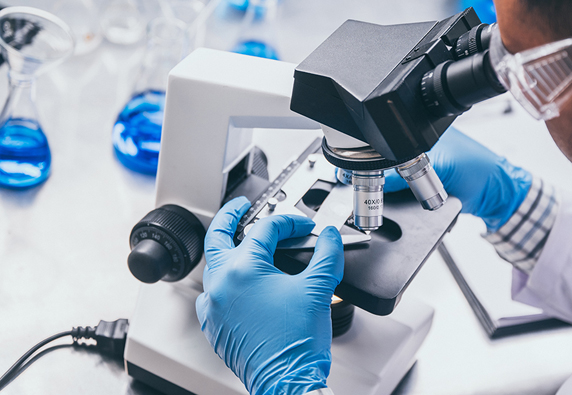Advanced Clinical Laboratory
An advanced clinical laboratory, also known as a clinical diagnostics laboratory or medical laboratory, is a facility equipped with state-of-the-art technology and staffed by highly trained personnel dedicated to analyzing and interpreting medical samples to aid in the diagnosis, monitoring, and treatment of diseases and health conditions. These laboratories play a critical role in healthcare by providing accurate and timely laboratory test results to support patient care decisions made by healthcare providers.
Advanced Analytical Instruments
Advanced clinical laboratories are equipped with sophisticated analytical instruments and automation systems that enable high-throughput testing, rapid turnaround times, and precise measurement of various analytes in patient samples. These instruments may include:
Automated chemistry analyzers for testing blood chemistry, electrolytes, enzymes, and other biomarkers. Immunoassay analyzers for measuring hormones, proteins, tumor markers, and infectious agents. Hematology analyzers for complete blood counts (CBC) and differential cell counts.
Specialized Testing Panels
Advanced clinical laboratories offer a wide range of specialized testing panels and assays tailored to specific medical specialties and disease areas. These may include:
- Oncology testing panels for cancer diagnosis, prognosis, and treatment selection.
- Infectious disease panels for identifying and monitoring viral, bacterial, fungal, and parasitic infections.
Advanced clinical laboratories adhere to rigorous quality assurance practices and undergo accreditation by regulatory agencies such as the Clinical Laboratory Improvement Amendments (CLIA) program in the United States or international accreditation bodies like the College of American Pathologists (CAP) and the International Organization for Standardization (ISO). These accreditations ensure that laboratories maintain high standards of testing accuracy, reliability, and safety.
Interdisciplinary Team
Advanced clinical laboratories are staffed by a multidisciplinary team of laboratory professionals, including medical laboratory scientists, pathologists, laboratory technicians, bioinformaticians, and other specialists. These professionals collaborate to perform testing, interpret results, provide consultative services, and communicate findings to healthcare providers.








